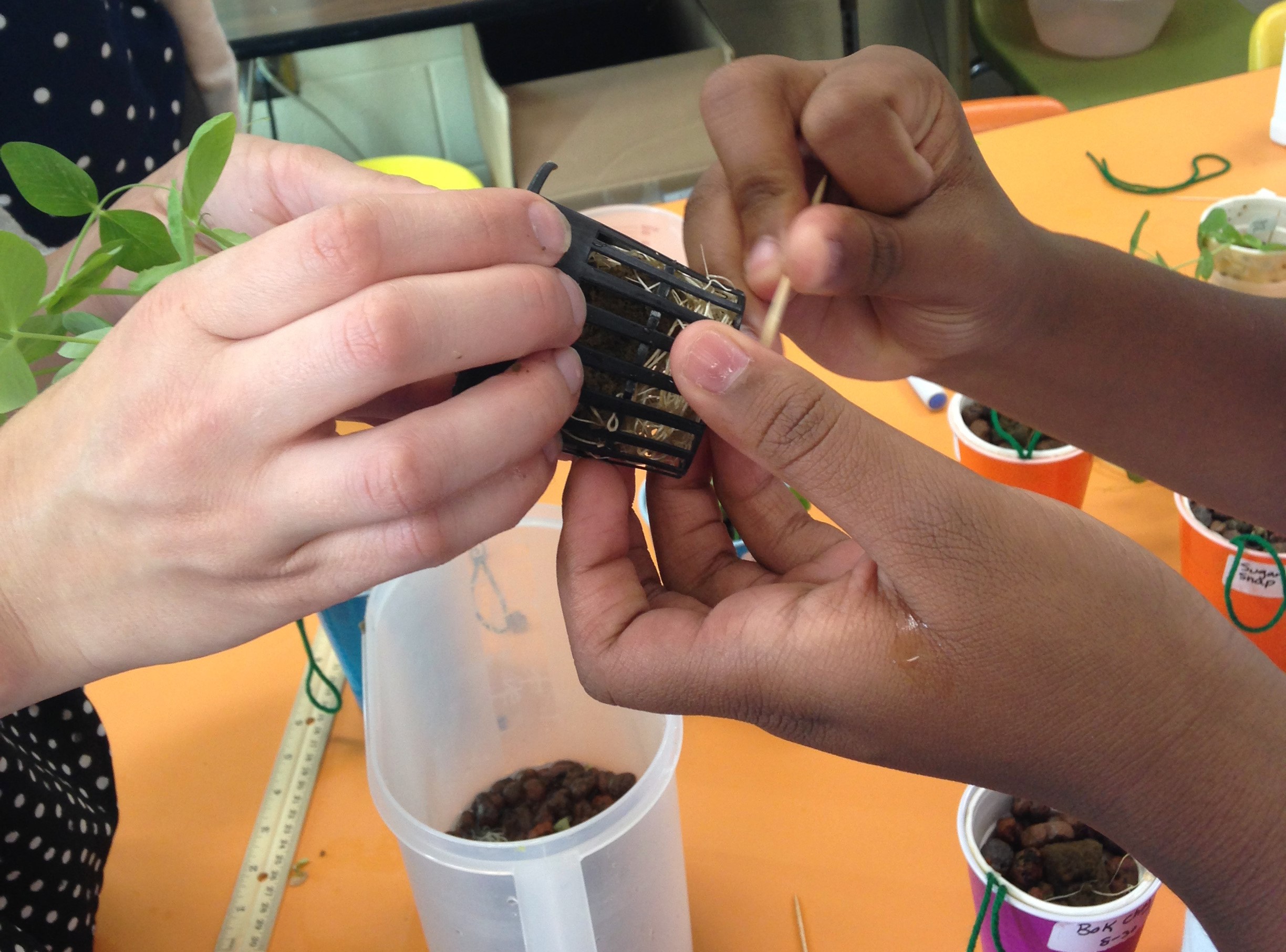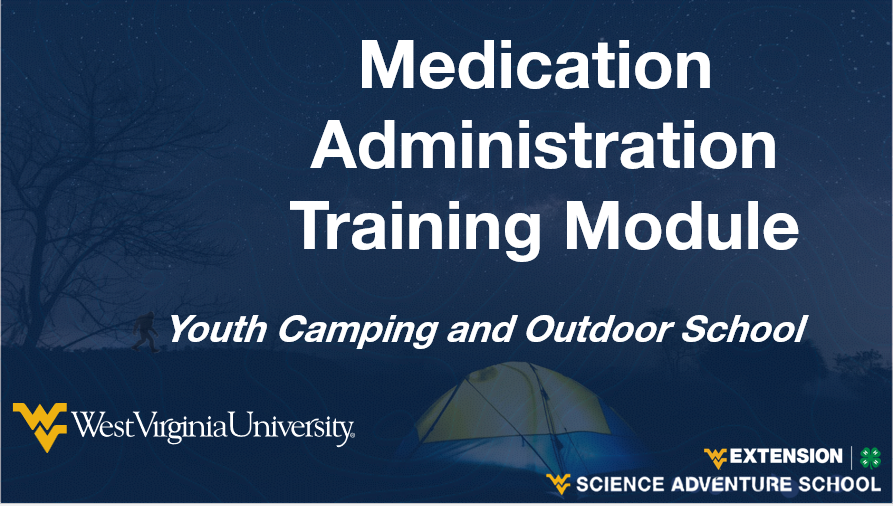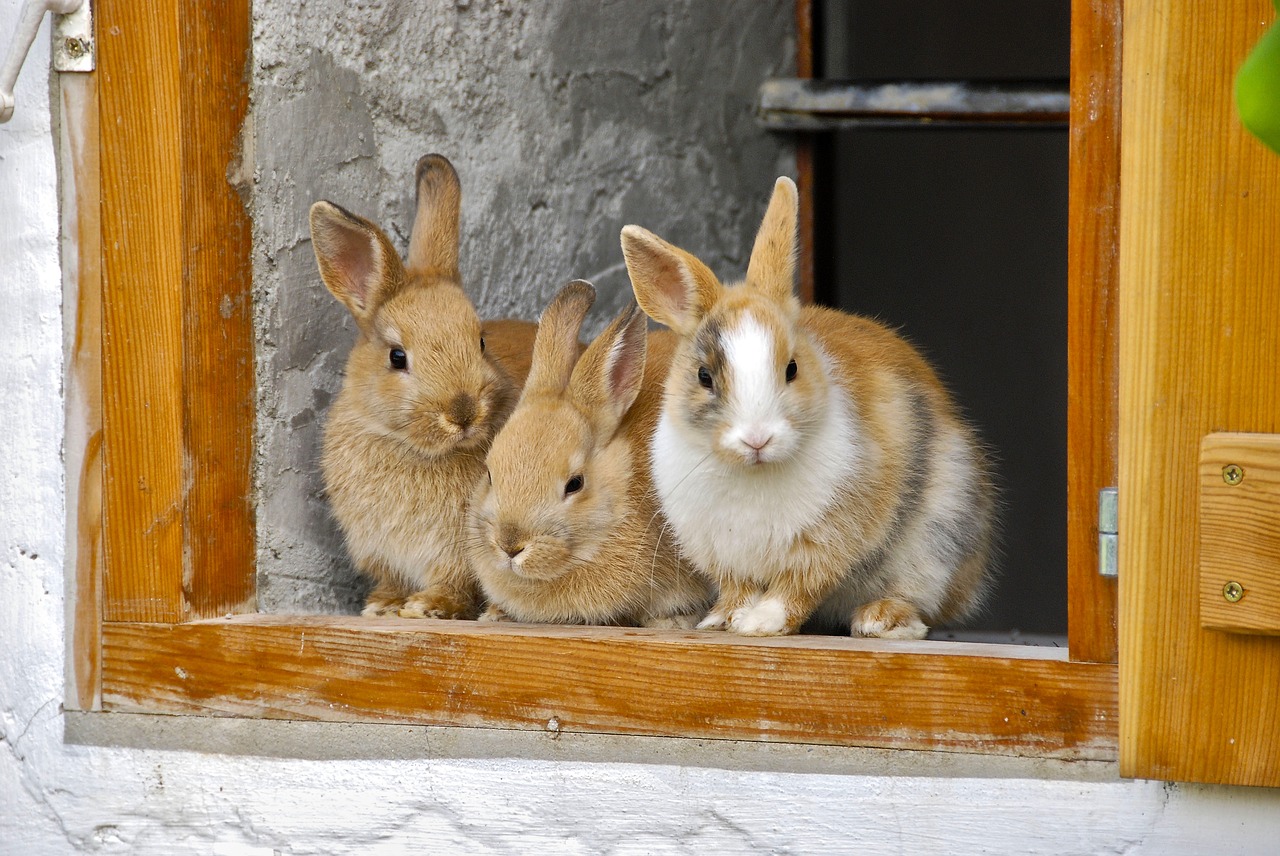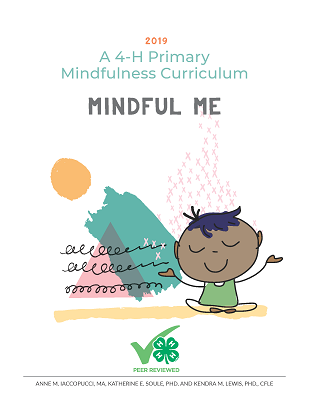Extension Foundation Online Campus
The audience for this course is: 4-H volunteers and Leaders
By taking this course, students will learn: Aspects about teaching the different concepts of the Advancement Level 3.
For more information or to enroll please contact: Grace Kim at grace.kim@unl.edu
- Teacher: Lena Luck
- Teacher: Grace McCarthy
For more information about this course contact Nathaniel Tablante, University of Maryland at nlt@umd.edu.
- Teacher: Brett Kreifels
Beginning Horseman: 4-H Level 1 is a course for youth 8 to 18 years old
Youth will learn correct and safe handling and riding principles for the beginner horseman.
For more information contact: Lena Luck at University of Nebraska-Lincoln, email address at lena.luck@unl.edu
- Extension Horse Specialist: Lena Luck
The 4-H Volunteer Training is designed to give new volunteers basic information to prepare them for service in 4-H. It will also serve as a refresher course for all returning volunteers. This training has 4 components that are designed to be completed in sequential order. As you complete each section, lessons in the next section will appear.
The course does not need to be completed in one sitting and will pick up where you left off when you return to it.
The overall training will take approximately 1 hour to complete.
Target Audience is Adults, who want to be Volunteers for the Colorado 4-H Program.
For more information or to enroll please contact instructor Joy Bauder CO 4-H State Office, CO 4-H Youth Development Program @ colorado4h@gmail.com
- Colorado State 4-H Office: Joy Bauder
- Teacher: Chrissy Kaminski
- Teacher: Summer McLain
- Teacher: Ohio Pesticide Safety Education
- Teacher: Lisa Karr
- Teacher: Grace McCarthy
Expanded Learning Opportunities: Experiential Learning is for Employees or Volunteers in Youth Serving Organizations. Participants will learn how children and youth in out-of-school settings reach their full potential as a result of positive youth/adult interactions, purposeful learning experiences, and safe environments.
Participants will be able to: identify experiential learning techniques, provide purposeful and directing teaching, and engage and energize youth so they are ready to learn.
For more information or to enroll contact:
- Elizabeth Janning, janning2@unl.edu with Nebraska Extension.
- LaDonna Werth, ladonna.werth@unl.edu with Nebraska Extension.
- Deb Weitzenkamp, dweitzenkamp2@unl.edu with Nebraska Extension.
- Teacher: Deborah Weitzenkamp

Descripción General del Curso
La formación anual para voluntarios de la Universidad de Agricultura y Recursos Naturales de California (UC ANR) es un recurso necesario para los voluntarios adultos que trabajan con menores. En este curso, usted aprenderá las directrices de CANRA, el Modelo Thriving para el Desarrollo Positivo de la Juventud, y la Supervisión 2-Deep. Estas sesiones están diseñadas para proporcionar importantes estrategias de prevención y denuncia para mantener seguros a los jóvenes en todos nuestros programas.
Duración
55 minutos (puede completarse en varias sesiones)
- CANRA para voluntarios - 30 minutos
- Modelo próspero de PYD de 4-H - 15 minutos
- Supervisión doble en profundidad - 5 minutos
Quién Debe Asistir
Todos los voluntarios de UC ANR que trabajen con menores en todo el sistema que estén fuera del Programa de Desarrollo Juvenil 4-H.
- Course Owner: CA 4-H eXtension Tech Support
- Course Owner: Scott Mautte

Online 4-H Crop Production Lessons for Grades 4-8: Soil-based and Soilless Systems
Earth’s population growth and concurrent decline in farmland pose great challenges for food security across our planet.1 The challenge of how to feed 9.9 billion people calls for new methods to grow and distribute food.2 Having access to fresh and nutritious food is a basic need for all people. We invite youth to be learners and leaders who meet these challenges with a new vision for crop production that combines soil-based and soilless farming.
To engage youth in these global challenges, WVU Extension Service, Iowa State University Extension, and PLANTS, LLC have partnered to create a series of online lessons. Youth can gain a foundation by digging deep into crop growth and development in conventional and hydroponic systems. Youth learners in this online program will also explore their role and possible career opportunities in sustainable agriculture and ag technology.
Questions that students will explore in the online lessons include:
- How do plant seeds differ in terms of germination rates, structures, and plant types?
- What type of plant maintenance is important for each stage of plant growth?
- How does light intensity and duration affect photosynthesis?
- What are key elements of a healthy soil, and how does soil quality affect plant growth?
- When are soilless plant production systems good alternatives to soil-based farming?
- What plant growth strategies can be used to conserve water?
- How can farmers apply new plant growth technologies to increase crop yield and integrate sustainable agricultural practices?
This project is made possible by support from NASA West Virginia Space Grant Consortium. Students will explore soil-based as well as soilless (hydroponic) agriculture methods used locally and as part of NASA space science research. The Iowa State University 4-H program shared material from their Crops Feed the World online lessons in support of this project.
1 Read more about world population growth projections presented by the International Institute for Sustainable Development (IISD) at: https://sdg.iisd.org/news/world-population-to-reach-9-9-billion-by-2050/
2 Read more about New and Emerging Technology for High Quality and Sustainable Horticulture Production in Gonnella, M., & Renna, M. (2021). The evolution of soilless systems towards ecological sustainability in the perspective of a circular economy. Is it really the opposite of organic culture? Agronomy 2021, 11(5), 950; https://doi.org/10.3390/agronomy11050950.
- Administrator: Karen Cox
- Administrator: Maya Hayslett
- Administrator: Laurie Ruberg
Idaho 4-H Volunteer Orientation is an online course designed to orient new 4-H volunteers. Participants will learn:
- Volunteer Roles & Relationships
- Positive Youth Development
- Youth/Adult Partnerships
- Safe & Inclusive Environments
- Learn by Doing
For more information contact Donna Schwarting; University of Idaho; dschwarting@uidaho.edu
- Teacher: Teresa Tverdy
- Extension Horse Specialist: Lena Luck

This course is designed to provide education for safe administration of medications for youth by unlicensed persons as delegated by a RN or MD during outdoor school, camp, or away from home events; developed specifically for the West Virginia University Extension Service youth events and the WVU Science Adventure School.
- Teacher or Leader: Jason Burnside
- Teacher or Leader: JoAn Jackson

The audience for this course is: middle school youth interested in rabbits
By taking this course, students will learn: Rabbit anatomy and physiology, health care, nutrition, and basics of rabbit management
For more information or to enroll please contact: lisa.karr@unl.edu
- Teacher: Lisa Karr
Resources and discussions to support NH 4-H Volunteer's interests, and skill development.
- Teacher: Karen Deighan
- Teacher: Joe Drake
Northeast 4-H Clover
Academy
- Teacher: Joe Drake
- Teacher: Mari Glatter
- Instructor: Joshua Rice

- Instructor: Andrew Carson
- Instructor: Jordan Clayton
 This course contains the video supplements to the 4-H Mindful Me Curriculum. Participants should access this course and watch the video associated with the current lesson that they are completing.
This course contains the video supplements to the 4-H Mindful Me Curriculum. Participants should access this course and watch the video associated with the current lesson that they are completing. - Teacher: Zeva Cho
- Teacher: CA 4-H eXtension Tech Support
- Teacher: Anne Iaccopucci
- Teacher: Scott Mautte
- Teacher: Gemma Miner
- Teacher: Jill Goedeken


This training meets the requirements for all adults working with you in WSU programming. Participants will gain awareness of WSU Executive Policy 14 Protection and Safety of Minors and learn the policies related to working with youth.
- Teacher: Jana Ferris
